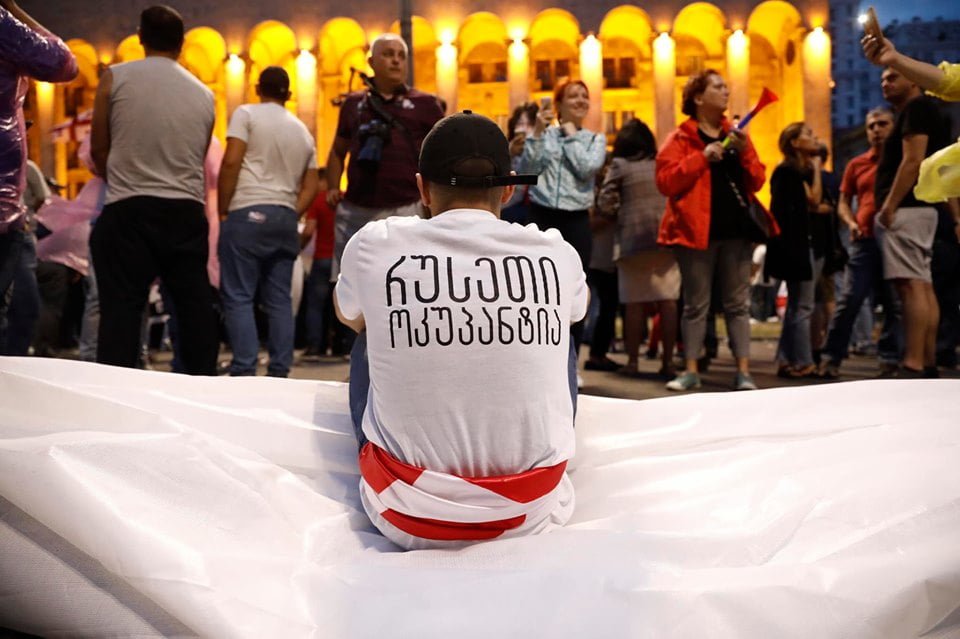Georgia was named as a “relatively friendly” state to Russia, while the occupied Georgian regions of Tskhinvali and Abkhazia, also ranked, allotted the first and third, respectively, in the list of the friendliness of communication regimes of post-Soviet countries published by the Russian National Research Institute of Communication Development on February 26.
Out of 14 countries and two occupied regions on the list, 10 are considered friendly to Russia (in order: occupied Tskhinvali region, Belarus, occupied Abkhazia, Kyrgyzstan, Tajikistan, Uzbekistan, Azerbaijan, Kazakhstan, Turkmenistan, Armenia).
Georgia is the only country in the “relatively friendly” category. According to the Institute, the Georgian foreign policy course is “clearly anti-Russian in nature”, however, “the regime of economic and civil communication has softened: trade turnover has increased, and air traffic between the countries has resumed.
As for the unfriendly states, the list is: Moldova, Estonia, Lithuania, Latvia, and, of course, Ukraine. Notably, the Institute notes that all countries have tightened control over the content of information and communication channels, including social networks and therefore, information about Russia is censored in both unfriendly and friendly countries.
The Institute notes that in comparison with last year’s assessment, Armenia’s and Moldova’s ratings have “changed to the worst”. Moldova has been added to the list of unfriendly states for the first time. The Institute notes that Moldova is in danger of “losing its own identity and eroding its statehood” and expresses concern for the pro-Russian population in Moldova’s breakaway region of Transdniestria.
According to the Institute, the 14 post-Soviet states are evaluated “by 400 Russian and international experts” according to 12 indicators – foreign policy, economy, media communication, communication in education, science, culture, youth relations, religious dialogue and others. The concept of friendliness used by the Institute “implies predominantly mutually benevolent relations of countries based on mutual respect, principles of friendship and good neighborliness, mutual interests and values of peaceful coexistence in a multipolar world”. According to the Russian National Research Institute of Communication Development the 3rd iteration of the assessment seeks to find answers to the following questions:
- To whom will Russia and Russians remain friends, and who has turned their backs over the past year?
- What kind of neighbors does Russia need – and what kind of Russia do its neighbors need?
- What is the basis of modern friendship between the post-Soviet countries and Russia, and what are the attractions of modern Russia?
- What social experiments are being conducted in the post-Soviet space, and what technologies of profound change are being used by anti-Russian forces?
